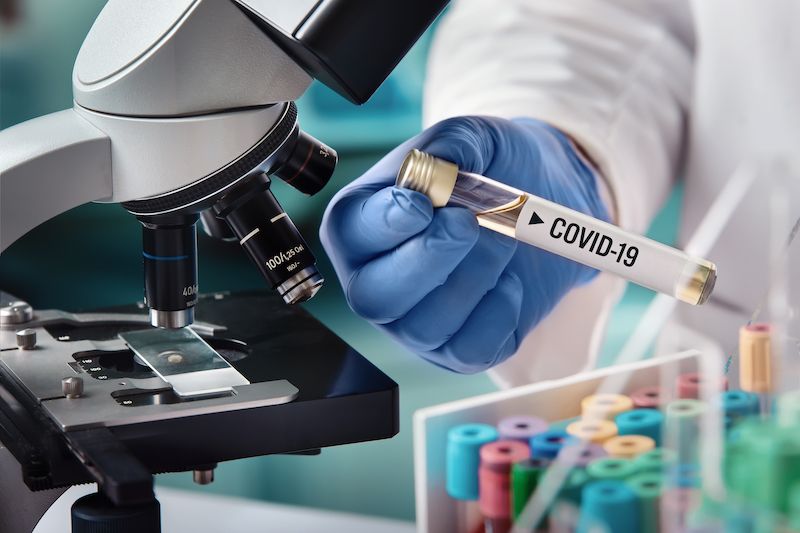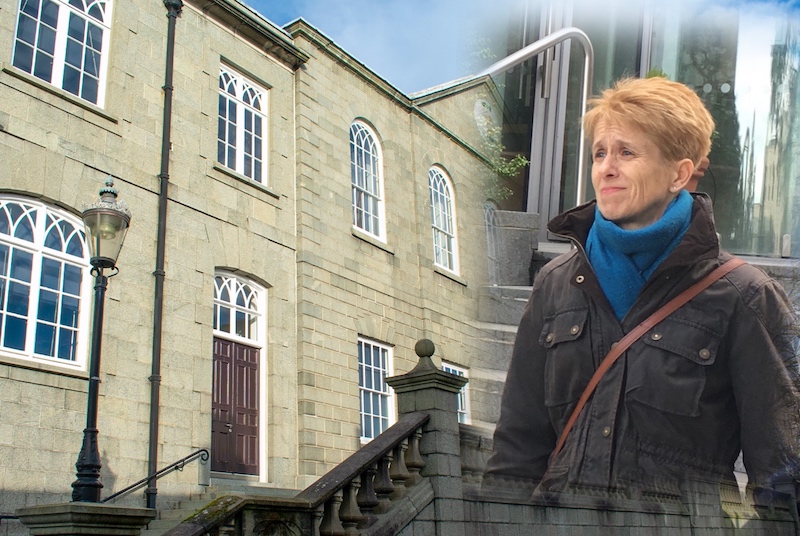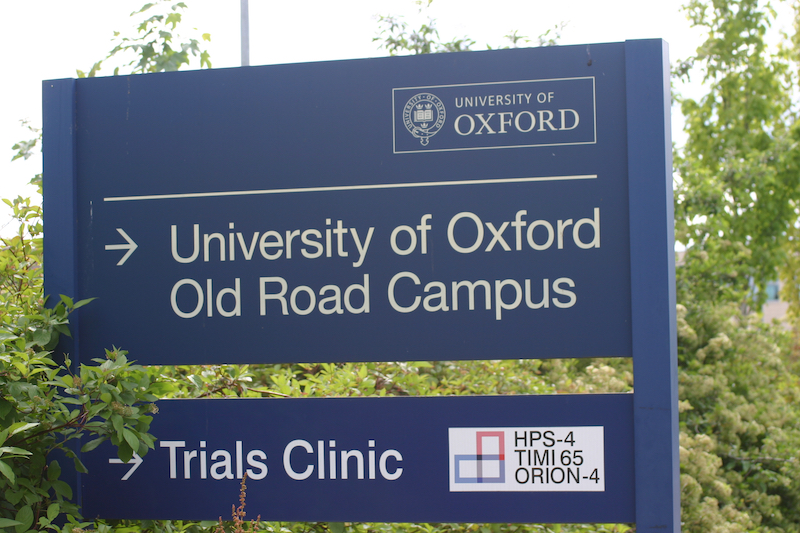

Health officials are hoping that an accelerated Covid-19 vaccine could be available by the end of the year, and are seeking a change in the law so that current licensing requirements do not become a "barrier" to securing it.
As well as the practical considerations needed to embark on a large-scale voluntary vaccination programme, HSC President Heidi Soulsby said a number of legislative matters need to be addressed first.
"Since the initial reports of a novel coronavirus being identified in Wuhan, China earlier this year, scientists have been accelerating the normal vaccine development processes," she said. "A number of candidate vaccines are in various phases of development and it is hoped that a vaccine may be available by the end of 2020.
"For Guernsey to deliver a vaccination programme of this scale and complexity ahead of the detail of the precise vaccine has been confirmed, the appropriate legislative framework needs to be in place to enable the Bailiwick to respond to the unprecedented circumstances it is facing."

Pictured: Deputy Soulsby is hoping the States of Deliberation will approve the amendments to the current legislation.
The vaccines are being developed at such a speed that Deputy Soulsby said they are unlikely to have all of the licensing authorisations by the time the vaccines become available.
"Things are moving at pace, things that are taking years to do are being done in the space of a few months. That might be rushed, but that doesn’t mean that shortcuts are being taken.
"What it does mean is that all the four licensing approvals through the MHRA will not be there. If we want the vaccine and we want to be able to vaccinate people, then it is highly unlikely that it will have fully licensing when it becomes available."
It is likely that some vaccinations will be granted a temporary authorisation for ‘early use’ in the UK through powers given to the Secretary of State for Health and Social Care in The Human Medicines Regulations Law 2012. HSC is similarly keen to ensure that the Bailiwick is ready to vaccinate, so that vaccines can be procured from the NHS supply chain.
Before that can happen, legislative changes are required to recognise a temporary authorisation locally so that a vaccination programme can be carried out lawfully.
If the States Assembly approves the changes, HSC will be able to further develop its plans.
"It is currently proposed to prioritise the allocation of the vaccine to targeted cohorts of the population representing approximately 35,000 individuals (approximately 55% of the population) deemed to be most ‘at risk’ from COVID-19 disease," said HSC in the committee's policy letter. "Vaccination will be offered on a voluntary basis."

Pictured: The University of Oxford is one of the places developing a vaccine.
The policy letter also emphasises that any vaccination programme "will only commence once steps have been taken to identify and mitigate against identified clinical and legal risks to the States of Guernsey."
In summary, HSC is asking the States to agree that:
A vaccination programme is established for the Bailiwick to mitigate against the risks of SARS-CoV-2
The Committee be authorised to designate any Covid-19 vaccine it considers appropriate, as long as the vaccine has a recognised marketing authorisation, or a temporary authority issued under the Human Medicines Regulations 2012.
The Committee be authorised to specify by regulations the classes of persons (in addition to registered healthcare professionals) allowed to administer that vaccine.
Comments
Comments on this story express the views of the commentator only, not Bailiwick Publishing. We are unable to guarantee the accuracy of any of those comments.